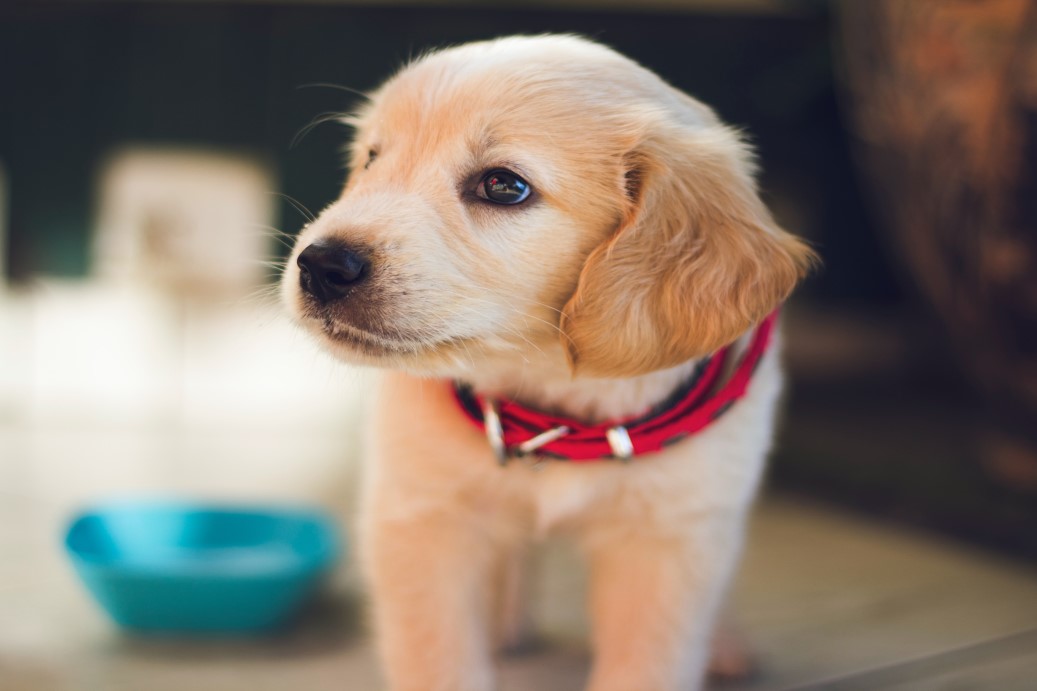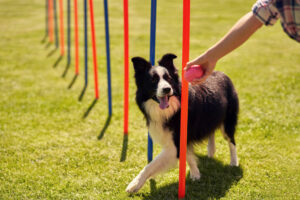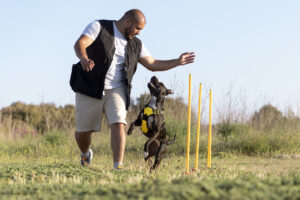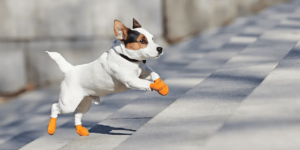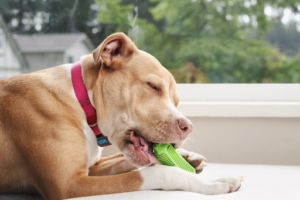When you’re a new puppy parent, you probably can’t wait to get outside and start exploring the world with your new pal. But before you do that, there’s one more important step – puppy obedience training.
Obedience training is critical for puppy development and should start as soon as possible once your puppy arrives. In this article, we’ll answer the question of when you should start your puppy’s obedience training!
When Should My Puppy Start Obedience Training?
According to the American Veterinary Society of Animal Behavior (AVSAB), pups can begin training as early as 7-8 weeks of age.
A proper puppy training program is key to ensuring your pup learns important skills like bite inhibition, obedience commands, and general tolerance. Additionally, it helps acclimate your furry friend within social environments while fostering strong relationships with its owners.
Your puppy will have some growing pains at first, including nipping, chewing, pee accidents, barking, and other behaviors. After all, your dog is rapidly growing and maturing.
In a few weeks’ time, your puppy should be used to basic commands such as sit, stay, and come.
Tips for Training Your Puppy
Although there are many paid classes that you can enroll your puppy in, it’s also perfectly possible to practice obedience training at home. Here are some tips.
Use positive reinforcement
Training your puppy with positive reinforcement is the most effective way to teach them what behaviors are acceptable.
Food rewards, such as delicious treats, are arguably the most effective means of reinforcing desirable behaviors. When they complete a task correctly, reward them with something delicious, like their favorite treats or high-value foods — this will reinforce good behavior and increase the chances of it being repeated in the future.
Keep your voice calm and reassuring
It’s important to keep your voice calm and reassuring when training your puppy. A loud and forceful tone can scare them or make them anxious, leading to a negative learning experience.
Make it fun
You want your puppy to enjoy the obedience training. It should be an enjoyable experience for both of you! Use toys and other fun items to keep your pup engaged during the session.
Also, providing your pup with a tasty treat while you praise them in an upbeat voice will help them realize that positive reinforcement is beneficial, especially when combined with petting.
Puppy Training Timeline
At this period, your major puppy training recommendations will be around assisting them in acclimating to a new environment and getting them started on the right paw in terms of etiquette.
7-8 Weeks
- Setting up a daily schedule
- Basic cues like sit, stay, come, and down
- Leash training
8-10 Weeks
- Crate training
- Alone time training to avoid separation anxiety
10-12 Weeks
- Chew toy training
- Body handling
- Bite prevention training
Three to Six Months
- Potty training
6 Months Old
- Leash manners
- Concentration training
Conclusion
Keep in mind that the quality of puppy training is more important than the amount of time spent. Plus, puppy training lessons are crucial, and if you want to train your puppy right, you should start as soon as possible!
For more tips, visit the PetFitness blog and start your dog training journey today!

